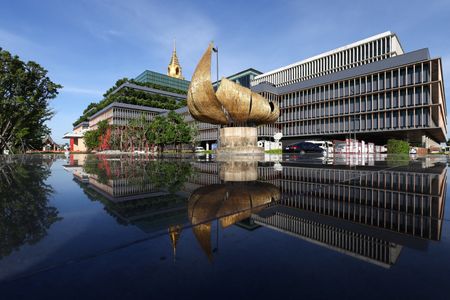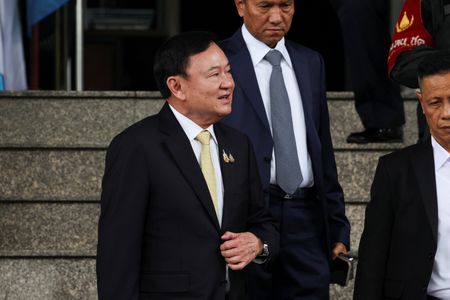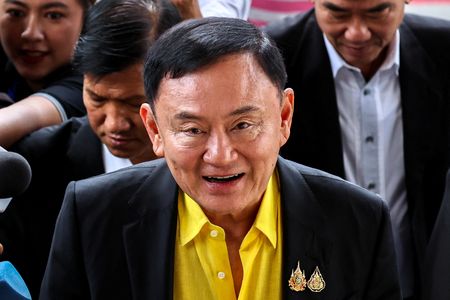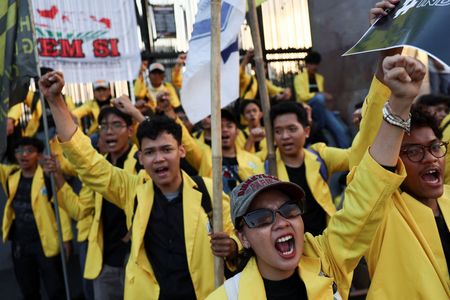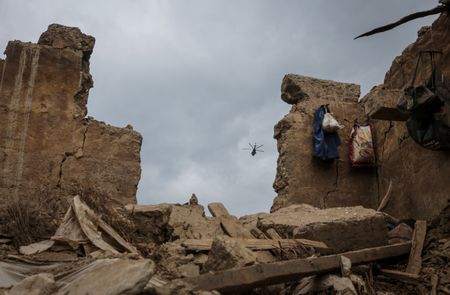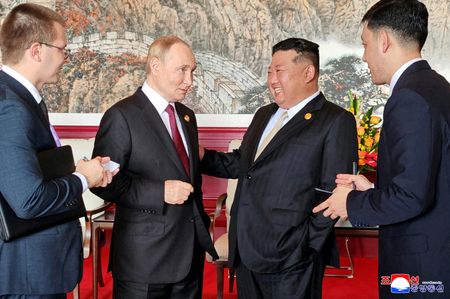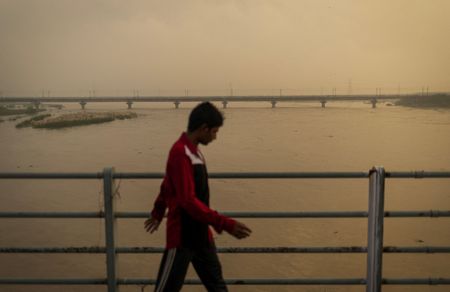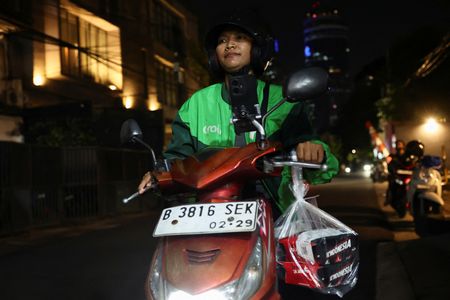By Martin Petty
BANGKOK (Reuters) -Two rival camps in Thailand are in a dogfight for power after a court’s dismissal of Paetongtarn Shinawatra as prime minister, with parliament set to vote on a new premier on Friday.
WHAT HAPPENED SINCE THE RULING?
The court’s August 29 dismissal of the ruling Pheu Thai party’s Paetongtarn for an ethics violation triggered a challenge from Bhumjaithai, a smaller, renegade party that had quit her alliance in June, leaving the coalition with a razor-thin majority and plummeting public support.
Bhumjaithai’s ambitious leader Anutin Charnvirakul, 58, embarked on a lobbying spree to form a new government, eventually making a pact with the liberal opposition People’s Party, the largest force in parliament, by promising to call an election within four months.
With Anutin’s coalition amounting to 146 seats, and a further 143 votes pledged by the People’s Party – which will not join his government, Anutin should have enough to become premier.
HOW HAS PHEU THAI RESPONDED?
Anutin’s offensive is a big challenge for Pheu Thai and its billionaire founder and seasoned political dealmaker Thaksin Shinawatra, Paetongtarn’s father, whose populist political juggernaut won five of the past six elections.
But it has since lost bargaining power and it is unclear whether Thaksin has sway with the key power-brokers in Thailand’s conservative establishment to turn things around.
Pheu Thai has shifted strategy from seeking its own support to desperate measures to try to block Anutin’s path to the premiership, including petitioning the king seeking his approval to dissolve parliament. But that was rejected.
In a new bid to undermine Bhumjaithai, Pheu Thai on September 4 said it would field its own candidate, Chaikasem Nitisiri, 77, a former justice minister and attorney general. Crucially, it promised that if Chaikasem wins, he would call a fresh election right away.
That strategy is aimed at weakening Anutin’s support by offering the prospect of an earlier election that the People’s Party would be well-placed to win, as its predecessor did in 2023 before it was blocked from taking power.
The People’s Party’s leadership has rejected that and said it would honour its agreement with Bhumjaithai.
WHAT’S NEEDED TO BECOME PM?
A candidate needs endorsement from 50 lawmakers before the house can vote. The backing of more than half of the lower house’s 492 members – or 247 votes – is required to become prime minister.
If the candidate fails, the house must convene again and the process be repeated for any other candidates nominated, until a prime minister is chosen.
WHO WILL BE PM?
Because of Bhumjaithai’s early manoeuvring and a prevailing mistrust of Thaksin, Anutin looks to have the upper hand.
But in a country locked in an intractable, two-decade battle for power fraught with betrayal, shifting loyalties, fragile truces and intervention from influential outside forces, nothing is guaranteed.
Pheu Thai has reneged on agreements before and has previously made power deals with its enemies, including proxies of a military that twice overthrew Shinawatra-led governments in 2006 and 2014 coups. Pheu Thai’s pledge to dissolve parliament immediately if Chaikasem wins may not convince lawmakers.
WHAT IF NEITHER CANDIDATE SUCCEEDS?
If neither Chaikasem nor Anutin prevail, then political deadlock could ensue, triggering a new round of alliance-building and jockeying for power, and another route for Thaksin’s Pheu Thai to stay in government.
There are three other eligible candidates to field – acting Energy Minister Pirapan Salirathavibhaga, former deputy prime minister Jurin Laksanawisit, and Prayuth Chan-ocha, a general who led the 2014 coup against the last Pheu Thai government and was premier for nine years.
Prayuth, 71, is retired from politics and is now a royal adviser. However, given his standing in the military and among Thailand’s royalist establishment, he could be put in play if conservatives see him as a stabilising figure at a time of crisis.
There are no permanent friends or enemies in Thai politics and a deal between Prayuth and the Shinawatras cannot be ruled out.
(Reporting by Martin Petty; editing by Mark Heinrich)

